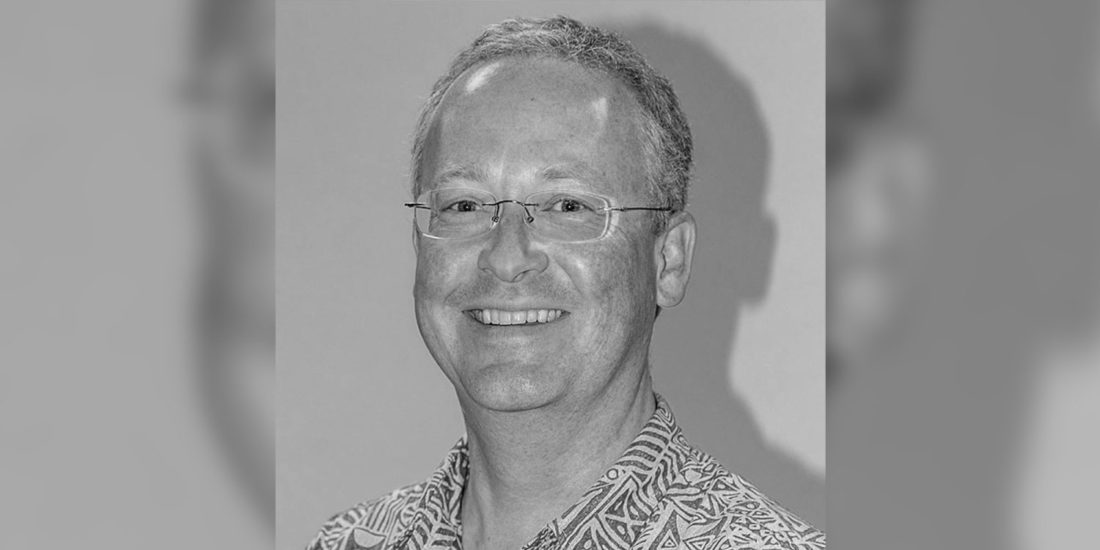Dr Nathaniel Newlands
IICSEEHawaii2017 Featured Speaker
Distinguished Researcher and Innovator from Canada
As a Featured Speaker, Dr Nathaniel Newlands, distinguished researcher and innovator from Canada, will cover the concept of "integrated risk" and how it may transform our current sustainable development dialogue, enabling more informed action/s at The IAFOR International Conference on Sustainability, Energy & the Environment – Hawaii 2017 (IICSEEHawaii2017).
Dr Nathaniel Kenneth Newlands is an associate professor in geography with the University of Victoria (UVic), and an award-winning research scientist and innovator. Nathaniel is a member of the Statistical Society of Canada (SSC), the American Statistical Association (ASA) and The International Environmetrics Society (TIES). He is an editor (Associate and Review) for the Frontiers Environmental Science (Interdisciplinary Climate Change) Journal. He is the author of Future Sustainable Ecosystems (Taylor & Francis), and has authored 68 original peer-reviewed manuscripts, book chapters, conference proceedings and numerous governmental and non-governmental technical reports. He is a strong lateral learner and systems thinker. His research addresses public-good food-water-energy nexus issues and tackles broad, integrated, complex global problems (e.g. climate change) to help support and advance global sustainable development.
Featured Presentation | Statistics in the Cognitive/Risk Era: Bridging Knowledge, Solutions and Pathways to a Sustainable World
Humans interact with real and virtual ecosystems. Virtual (model and collaborative) ecosystems continue to expand in their knowledge, sophistication and influence in addressing increasingly complex situations and challenges involving real systems. Our world, however, continues to struggle with escalating inequality and insecurity, economic volatility, environmental resource scarcity and pollution, population growth, rapid urbanization, extreme weather, invasive species and political upheaval. Despite increasing global awareness of the urgency to address climate change and become more sustainable, societies continue to struggle in how best to transition to a low-carbon economy and take broader action aligned with sustainable development pathways. This is due to a complex array of trade-offs, varying uncertainties, changing inter-dependencies and unforeseen risks. Much of our knowledge is also domain-specific, relying strongly on historical observations of patterns and processes. To bridge this "knowledge-to-action" divide, statistics has an increasingly critical role in unraveling the complexity of our world and how we construct reliable/flexible real-world solutions from interdisciplinary knowledge.
The talk will broadly cover the concept of "integrated risk" and how it may transform our current sustainable development dialogue, enabling more informed action/s. Our collective ability to sustain ecosystems and our societies in the future, over the long-term, will involve a stronger symbiosis of human and machine intelligence ("super-intelligent tools" that support complex decision-making). Such tools are capable of transforming our current understanding and future capability to respond to anticipated/emergent extreme conditions and tipping-points (dynamical changes of a system’s state), in a coherent and informed way. Perspectives and recommendations on the broad application of statistics in addressing sustainable development challenges, drawing on my research within the food-water-energy nexus and agricultural sector (i.e. modelling of greenhouse-gas emissions, climate interpolation, operational forecasting, sensor-based monitoring networks, sustainability assessment), will be discussed.

